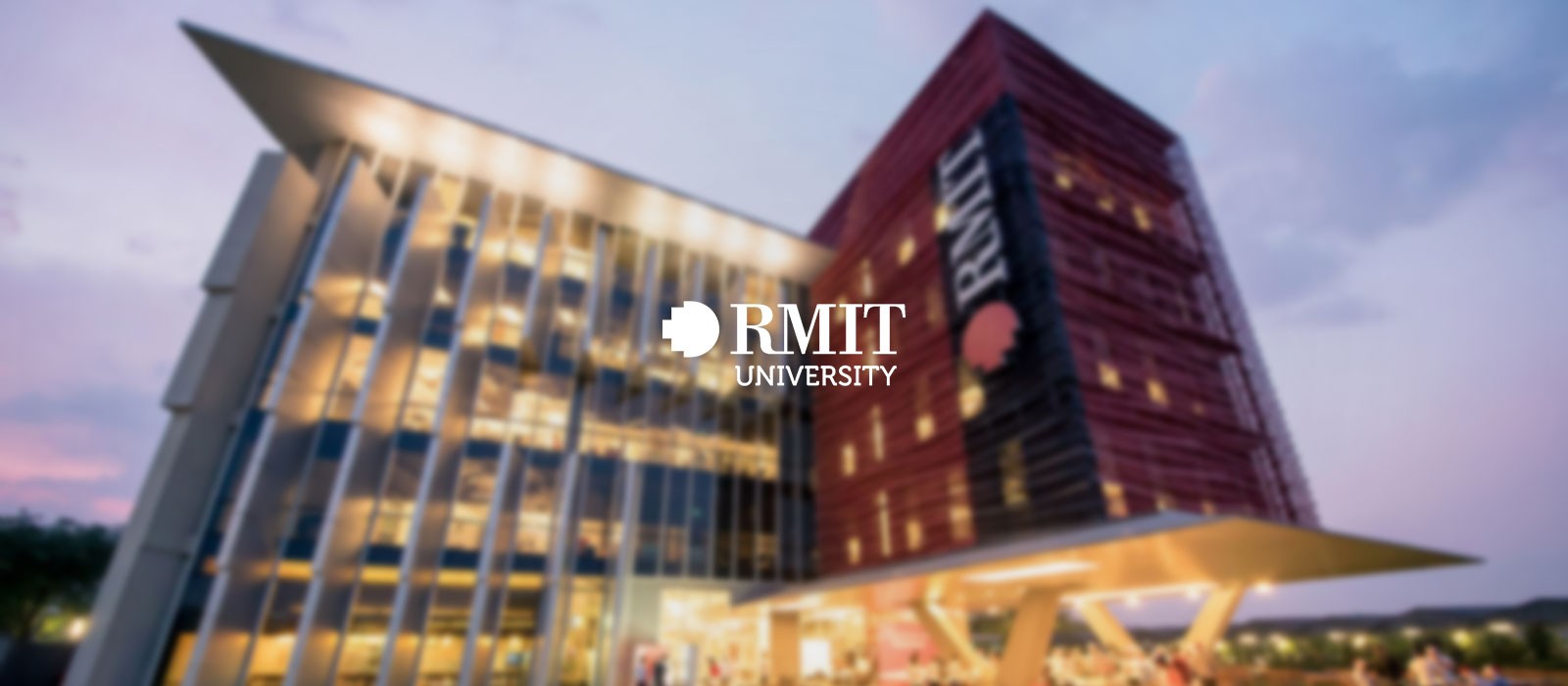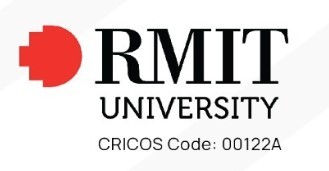
Bachelor of Engineering (Aerospace Engineering) (Honours)


Overview
Duration
FULL-TIME 4 YEARS
FULL-TIME 4 YEARS
Scholarship
YES
YES
Fee
AU$43,200
AU$43,200
Intake
FEBRUARY, JULY, OCTOBER
FEBRUARY, JULY, OCTOBER
Overview
> Are you ready to take off in your new aerospace engineering career?
- With RMIT's Bachelor of Engineering (Aerospace Engineering) (Honours), you'll design aircraft and spacecraft, develop propulsion systems, research new materials, test new engines, develop rockets and plan maintenance subjects.
- In this internationally recognised degree you'll gain specialist skills in analysing, designing and operating sophisticated aeronautics and astronautics hardware and software.
- You'll study a broad range of areas such as aerodynamics, aerospace materials and structures, aerospace systems, design, dynamics and control, thermodynamics, and propulsion.
- Minor options in Aircraft and Spacecraft Technologies will allow you to tailor the degree to suit your areas of interest and enhance your career opportunities.
- Sustainability issues are built into multiple areas of the aerospace engineering degree. This increases your employability as there is increasing demand for long-term engineering solutions in this industry. You'll also learn to appreciate the wider social implications of the engineering profession.
Inquire Now
Career
- As an RMIT graduate, you’ll have the analytical, technological, and design skills required to practise as a high-level aerospace engineer in Australia and overseas.
- In an aerospace engineering career, you can design, develop, and test aircraft, rockets, spacecraft, and global space/international systems.
- You could pursue a career in:
- Design and manufacturing companies: Boeing Australia, Airbus, BAE Systems Australia, Lockheed Martin and Australian Aerospace
- Defence forces: Royal Australian Navy, Australian Army, and Royal Australian Air Force
- Defence related organisations: Defence Science and Technology Group and Capability Acquisition and Sustainment Group
- Australian and international airlines
- Airworthiness organisations: Civil Aviation Safety Authority, Department of Defence
- General aviation organisations
- Aerospace engineers also have skills in fields of advanced technology that are in high demand in non-aerospace organisations including the automotive industry, power generation industry, software support companies, and research organisations.
Entry Requirement
- To study this course you will need to complete one of the following English proficiency tests:
- IELTS (Academic): minimum overall band of 6.5 (with no individual band below 6.0)
- TOEFL (Internet Based Test - IBT): minimum overall score of 79 (with minimum of 13 in Reading, 12 in Listening, 18 in Speaking and 21 in Writing)
- Pearson Test of English (Academic) (PTE (A)): minimum score of 58 (with no communication band less than 50)
- Cambridge English: Advanced (CAE): minimum of 176 with no less than 169 in any component.
Popular Courses
Start your journey with landmark today!
Find your perfect course
Answer a few questions and
our course matcher will do the rest
Head Office
Level 5, IT Plaza
Kamaladi, Kathmandu
Tel: +977 14542781, 9845566225
E-mail: info@landmarkedu.com
Kamaladi, Kathmandu
Tel: +977 14542781, 9845566225
E-mail: info@landmarkedu.com
Sydney office
Suite 1 Level 1,
46 Macquarie Street,
Parramatta, NSW
Tel: +61 415 122 814
46 Macquarie Street,
Parramatta, NSW
Tel: +61 415 122 814
Branch office
Sahidchowk, Chitwan
Tel: 056-590825
Tel: 056-590825
Mahendrachowk, Biratnagar
Tel: 021-590828
Tel: 021-590828
Level 2, Milanchowk, Butwal, Rupandehi
Tel: 977-71-591694
Tel: 977-71-591694
© Landmark Education. All rights reserved.


